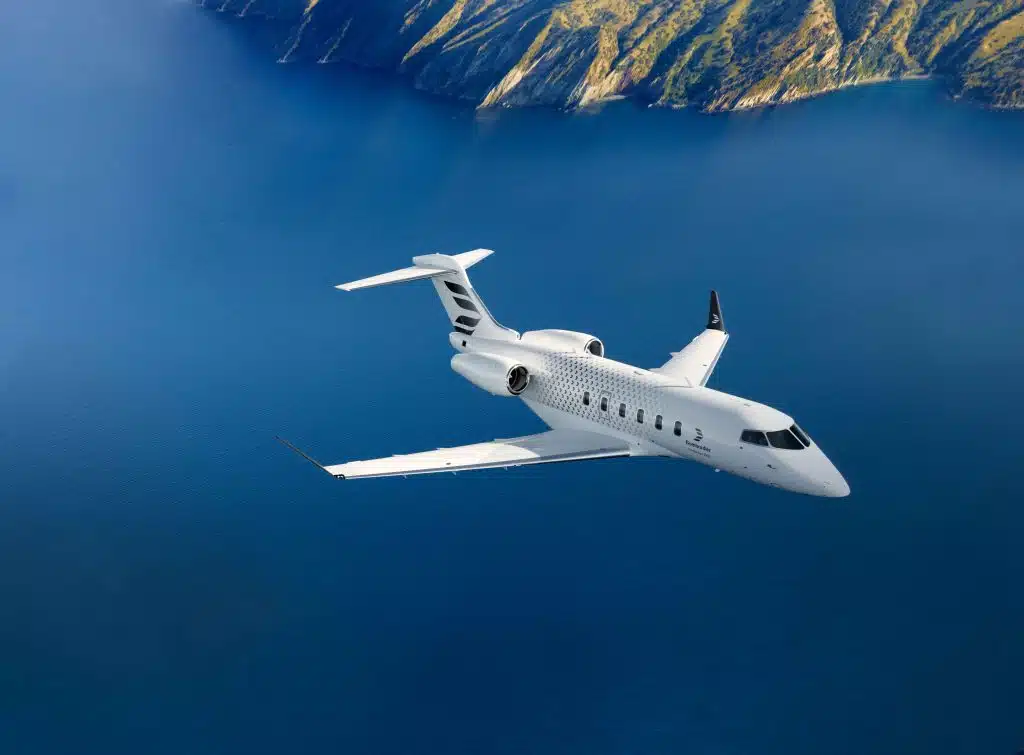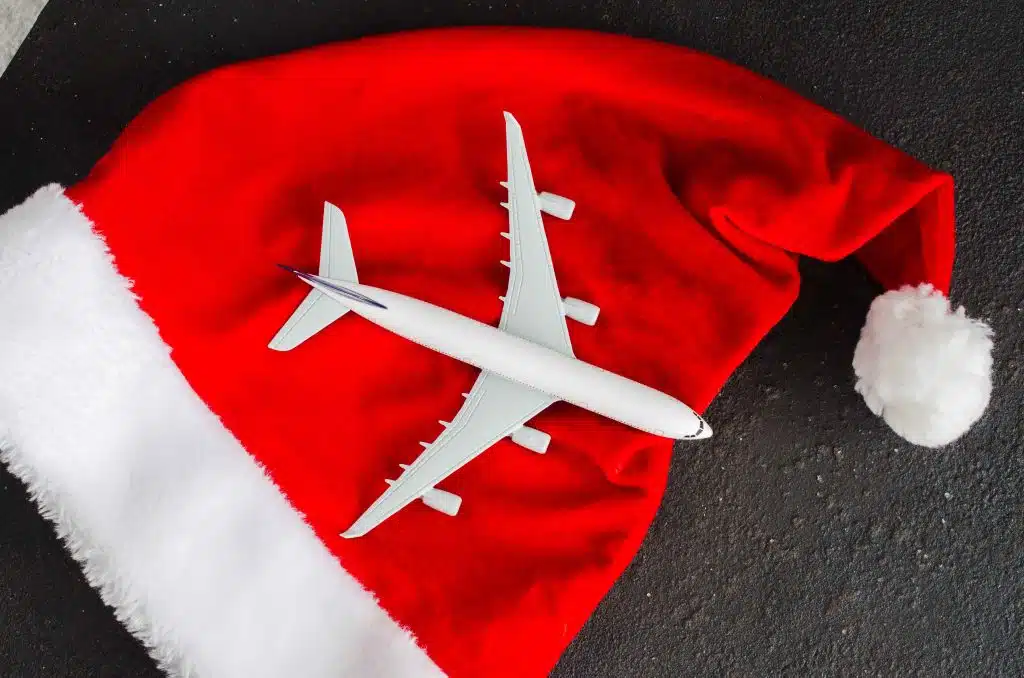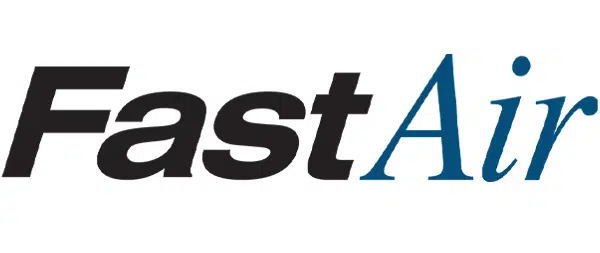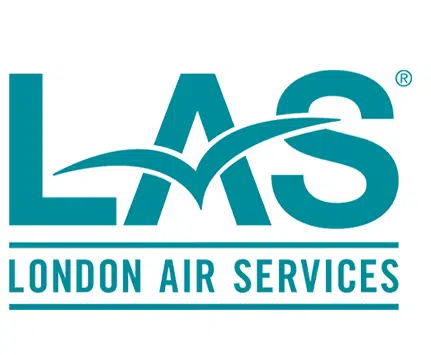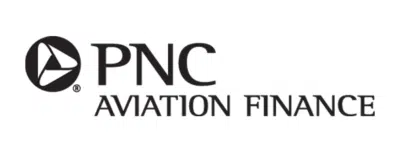Russian jet out of runway at Pearson
Russian Plane Pearson, As a Russian-owned Antonov An-124 “Ruslan” sits idle and unused at Toronto’s Pearson International Airport, a Canadian cargo broker is trying to make sure it stays grounded — even after Canada takes the jet off its no-fly list.
“There’s concern that if it gets back into Russian hands, it could be very useful in the current conflict,” Bill Clark, a Toronto-based aviation lawyer at YYZlaw representing the cargo broker company, told the Star. “We want to ensure that doesn’t happen.”
Clark said he’s exploring options for his client, a large logistics company that transports goods across the globe and did not want to be named for fear of retribution by other countries and companies in the tight-knit, global aviation community.
Aglobal cargo mover, the Canadian business has no financial stake in the fate of the Ruslan, its owner told the Star on condition of anonymity, but decided to intervene because “it is the right thing to do.” The jet, the largest cargo carrier in the world, has been parked on an unused swath of airfield at Pearson since Feb. 27. That’s when Canada, in solidarity with Ukraine, closed its skies to Russian aircraft.
Russian Plane Pearson
Abehemoth that beckons to drivers from the highway, the jet has been racking up parking fees at 74 cents per minute and, Clark said, quickly turning into a “giant paperweight.” Its fitness to fly — or not fly — Clark said, is one way his client may be able to keep the jet on terra firma.
Planes that sit around for months can quickly deteriorate, he said. But, according to a recent court decision and police notice obtained by the Star, the jet may have an even bigger problem: Its certificate of “airworthiness,” may not be valid. The Star found the ruling online at a website that catalogues Ukraine court documents.
Russian officials connected to the Volga Dnepr group of companies “knowingly forged” the safety documents in order to gain “undue advantage,” an English translation of the March 21court decision said. Along with other Antonov planes owned by Volga Dnepr, a Russian aviation company, the Antonov An-124 has a “unique” design and can only be deemed airworthy by the Antonov Company and its unique system of maintenance, the decision said. That’s why the Antonov Company, the jet’s original manufacturer in Ukraine, is responsible for maintaining the structural integrity of the entire fleet of Antonov An-124s, it said. The International Civil Aviation Organization (ICAO) confirmed in an email to the Star that aircraft can be certified as “airworthy” in the state where they are registered. The planes have not been returned to the Antonov Company since their previous safety certificates expired, the documents said, and so, should remain on the ground.
“In order to ensure flight safety and eliminate the possible occurrence of serious consequences,” a police investigator in Kyiv wrote in the March 23 notice. “I request to take measures to prohibit the operation of these aircraft, including any action aimed at landing/takeoff.”
The Ukranian court decision identifies the jet by its Russian registration and includes plane RA-82074. The jet at Pearson has the number 82074 printed on its side.
Volga Dnepr communications specialist Elena Boykova, told the Star in an email that the company “will not be commenting on this issue.”
But, counsellor Vladimir Proskuryakov, of the Russian Embassy in Ottawa, told the Star that the Ruslans have been flying without issue—or concern — for 20 years. Questions about their safety or airworthiness, he said, are “not up to Ukraine to decide.”
Volga Dnepr has made arrangements for the jet to be properly maintained, he said, and the plane should not have any safety issues. When asked if the jet would be used in its war against Ukraine, if returned to Russia, Proskuryakov said “it’s not possible.”
“The plane is absolutely commercial,” he said, “and it is built and used for civil purposes only. It does not transport any military troops or equipment.”
Since late February, he said, the Russian embassy has been assisting Volga Dnepr in its bid to get the plane back. The decision to ground it, he said, does not only make it unavailable to deliver humanitarian aid around the world but it is also “an injustice” and “illegal.”
The jet flew to Canada to deliver COVID-19 supplies on a contract for the federal government, he said, and Canada has no business keeping it.
“We do not understand the legality of these actions,” he said. “We consider them totally abnormal and illegal.”
In an email to the Star, Public Services and Procurement Canada said it hired a logistics company to bring pandemic supplies into the country and that company subcontracted the Feb. 27 shipment to Volga Dnepr.
The jet left China on Feb. 25 carrying three million federally purchased rapid antigen tests, the PSPC email said and arrived in Toronto on Feb. 27. Since then, the email said, the company with the federal contract has “stopped securing flights from Russian airlines.”
Transport Canada said, in an email to the Star, that it has no plans to open Canada’s skies to Russian aircraft anytime soon.
While it can’t speak to the airworthiness of the jet, wrote Sau Sau Liu, Transport Canada Senior Communications Advisor, in an email, “in general, aircraft which have not flown for an extended period of time typically require more substantial maintenance inspections and procedures to be carried out prior to resuming flight operations.
- New Liability Limits MC99
- Special Aviation Exemptions Issued to Ensure Critical Holiday Operations
- Simplifying Airspace Operations: Understanding AC 700-039 Issue 03 and RVSM Requirements

